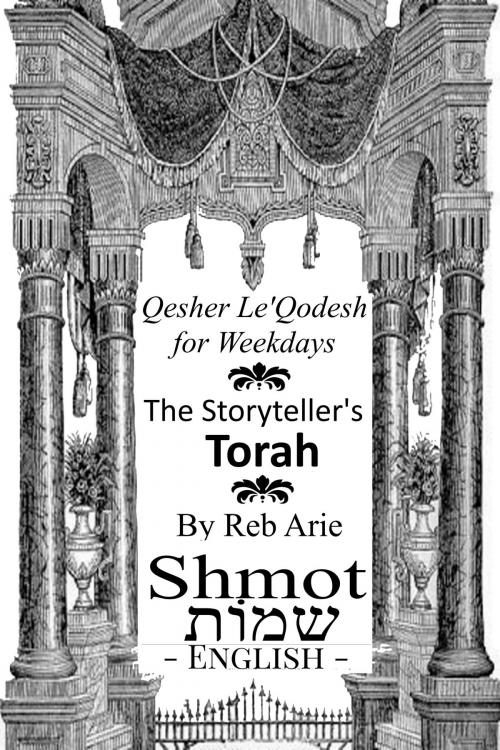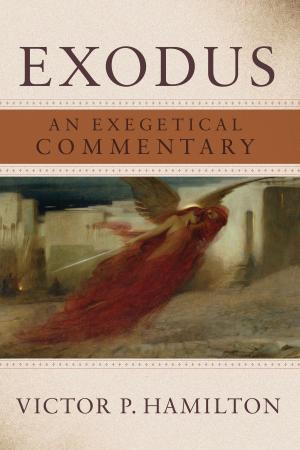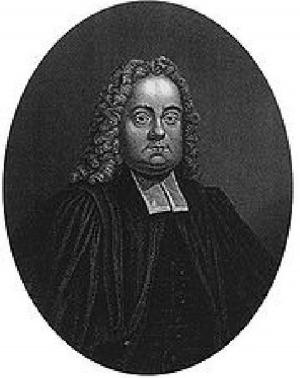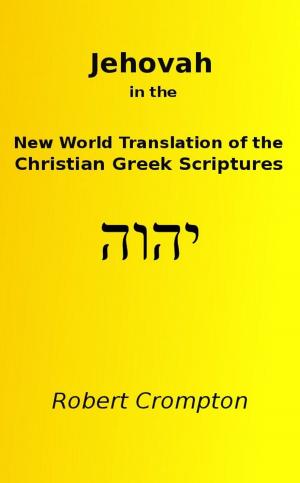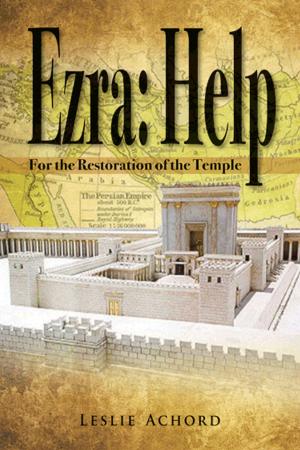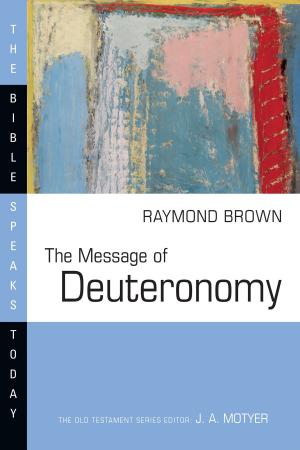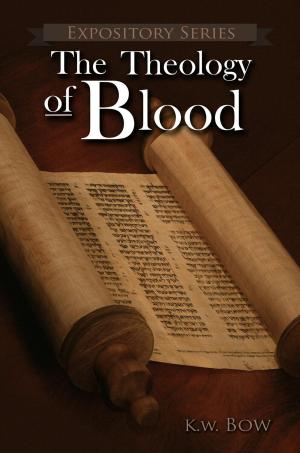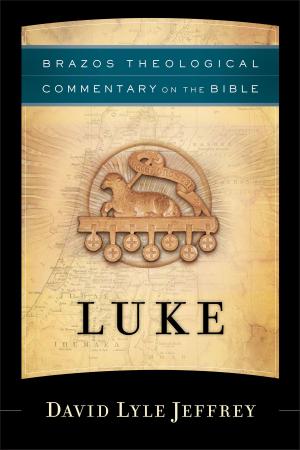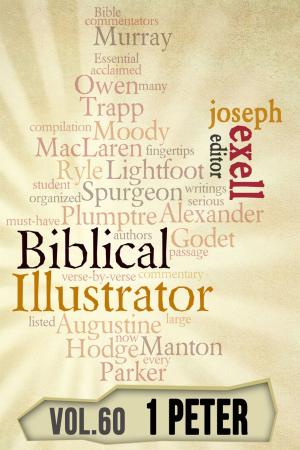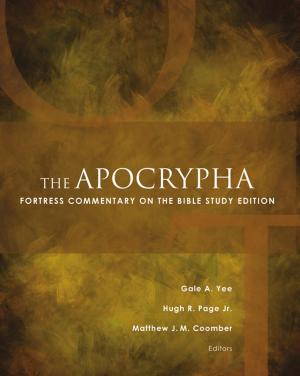the Storyteller's Chumash: Exodus
Fiction & Literature, Drama, Religious & Liturgical, Nonfiction, Religion & Spirituality, Bible & Bible Studies, Old Testament, Commentaries| Author: | Arie Chark | ISBN: | 9781988718163 |
| Publisher: | Arie Chark | Publication: | February 6, 2017 |
| Imprint: | Smashwords Edition | Language: | English |
| Author: | Arie Chark |
| ISBN: | 9781988718163 |
| Publisher: | Arie Chark |
| Publication: | February 6, 2017 |
| Imprint: | Smashwords Edition |
| Language: | English |
An idiomatic English interpretation of the weekday sedrot (Torah readings) for Exodus (Shmot), this English version of the Hebrew original intends to uncover the storyteller's craft of Torah transmission. A collection of stories written down, the Torah is not natively literature, for it transmits lore rather than drama – some of the lore is dramatic, but does that classify Torah narratives as drama? The Torah is not literature. The storyteller's Torah understands three vocal traditions: prophetic, priestly, and political. Modern Jewish rhetoric emphasizes Exodus's dramatic lore. The Egyptians oppress, Israel's Children are oppressed, and a larger than life figure relieves them of their oppression. Modern Jewish rhetoric thus establishes that the prophetic voice is inferior to folklore: a rhetorical emphasis on drama serves to undermine the spiritual messages being taught. The classical rabbinical response, irrespective of traditional movement, is that Israel's Children are “other,” the “other” is dangerous, and Israel has served its purpose in Egyptian society. Closely reading parts of Exodus may support this premise, a close reading of Exodus itself does not, and whether or not we learn from Exodus's significant spiritual drama depends on how we hear the prophetic voice. A life spiritually lived is always complicated, Exodus's narratives are complicated, but they are not complex: the struggle for spiritual liberation is simple and universal.
An idiomatic English interpretation of the weekday sedrot (Torah readings) for Exodus (Shmot), this English version of the Hebrew original intends to uncover the storyteller's craft of Torah transmission. A collection of stories written down, the Torah is not natively literature, for it transmits lore rather than drama – some of the lore is dramatic, but does that classify Torah narratives as drama? The Torah is not literature. The storyteller's Torah understands three vocal traditions: prophetic, priestly, and political. Modern Jewish rhetoric emphasizes Exodus's dramatic lore. The Egyptians oppress, Israel's Children are oppressed, and a larger than life figure relieves them of their oppression. Modern Jewish rhetoric thus establishes that the prophetic voice is inferior to folklore: a rhetorical emphasis on drama serves to undermine the spiritual messages being taught. The classical rabbinical response, irrespective of traditional movement, is that Israel's Children are “other,” the “other” is dangerous, and Israel has served its purpose in Egyptian society. Closely reading parts of Exodus may support this premise, a close reading of Exodus itself does not, and whether or not we learn from Exodus's significant spiritual drama depends on how we hear the prophetic voice. A life spiritually lived is always complicated, Exodus's narratives are complicated, but they are not complex: the struggle for spiritual liberation is simple and universal.
